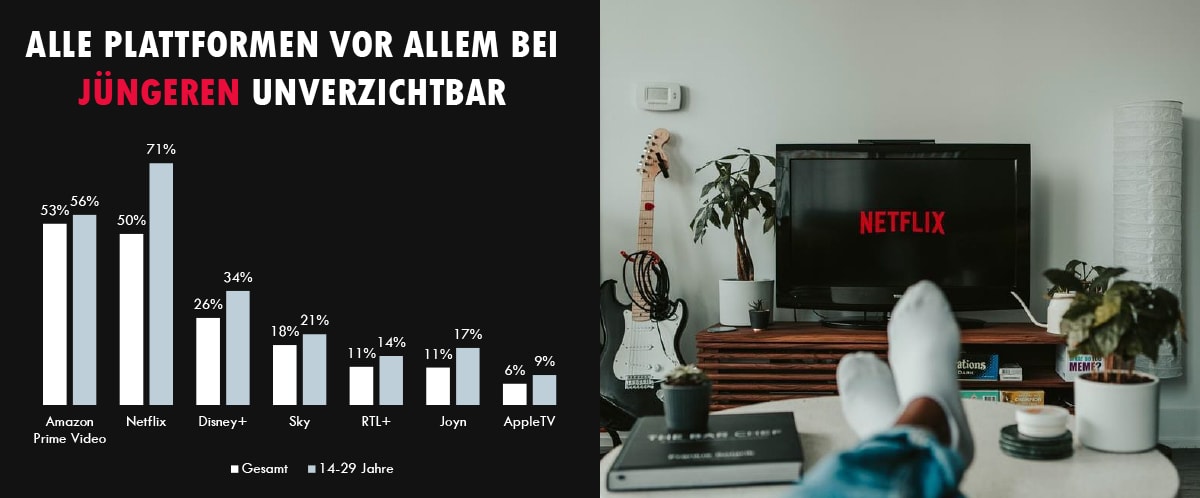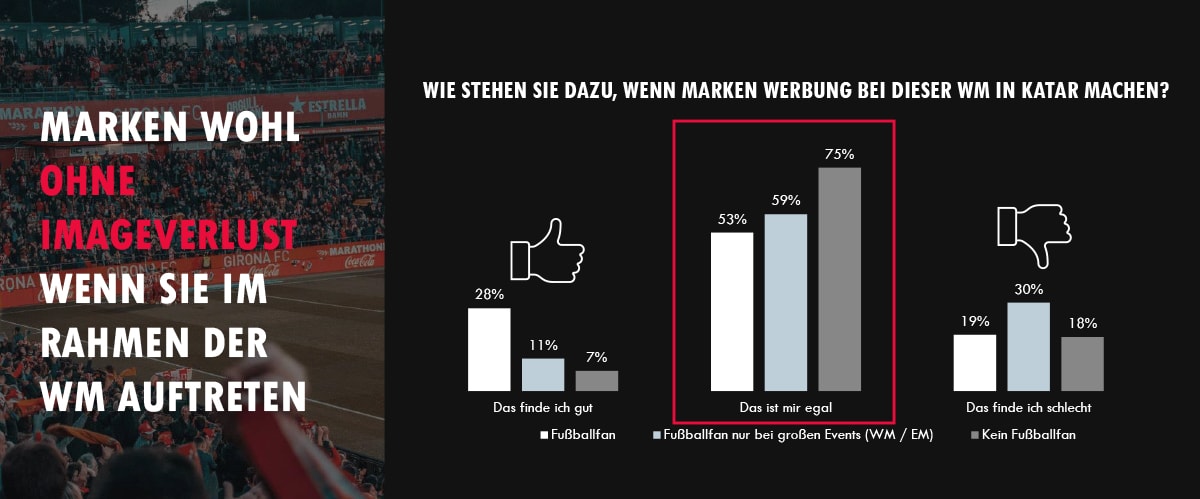How consumption develops in times of crisis
There is no sign of normality - war, inflation, high infection rates. The burning question for the advertising industry in these times is "How does the tense situation affect consumer behavior?" The Havas Media Consumer Pulse aims to shed some light on the darkness and this time looks at issues around Netflix, the Metaverse, travel and the cold [...]
 There is no sign of normality - war, inflation, high infection rates. The burning question for the advertising industry in these times is "How does the tense situation affect consumer behavior?" The Havas Media Consumer Pulse wants to shed some light into the darkness and this time deals with topics around Netflix, the Metaverse, travel and the cold season.
There is no sign of normality - war, inflation, high infection rates. The burning question for the advertising industry in these times is "How does the tense situation affect consumer behavior?" The Havas Media Consumer Pulse wants to shed some light into the darkness and this time deals with topics around Netflix, the Metaverse, travel and the cold season.
Advertising on Netflix and the Metaverse
Especially in the young age group, streaming services enjoy a loyal user base, which is why Netflix has recognized the potential for advertising space. However, 76 percent of users find advertising in the streaming area during the show annoying.

Among the young age group, the metaverse is also the talk of the town, but less than half have a clear idea of what it is. At the moment, 8 percent have already used the Metaverse, while a third can imagine using it in the future.
Summertime = travel (frustration) time?
In 2022, just under two-thirds of vacationers were affected by travel chaos caused by delays and strikes, which was accompanied by much frustration among those willing to travel. Surprisingly, travel plans for 2023 nevertheless remain in place, with Germany being particularly popular as a destination. Other European countries, on the other hand, are an option for less than half of respondents for next year. Overall, vacationers would prefer to travel by car in the future.
Saving is the new hoarding
Compared with the spring, more people will be cutting back on their consumption in the near future. Specifically, this means that respondents would now save two-thirds of their money, which is double the figure from the last survey in March. The drivers of this are inflation, the war in Ukraine and energy shortages. Associated price increases mean a very strong personal burden for more than half of the respondents. The older generation in particular is frightened - almost one in two people over 50 does not feel at all prepared for the challenges of the coming months.
In winter many things are different
This year's winter will be different: 37 percent of those surveyed will spend less on Christmas presents than usual this year. That is almost twice as many as last year.
Another first: For the first time, the World Cup falls in winter. But half of the German respondents who are otherwise so enthusiastic about soccer will watch fewer or no games this year. The main reason for this is that those surveyed do not want to support Qatar as the host country, partly because of human rights violations. The negative opinion of the host country does not rub off on brands that are active in advertising during the World Cup - according to the survey, they do not have to worry about a loss of image.
For the current "Havas Media Consumer Pulse. 500 people between the ages of 14 and 69 were interviewed by means of a representative online survey. The survey by Respondi took place from August 2 to 5, 2022.









